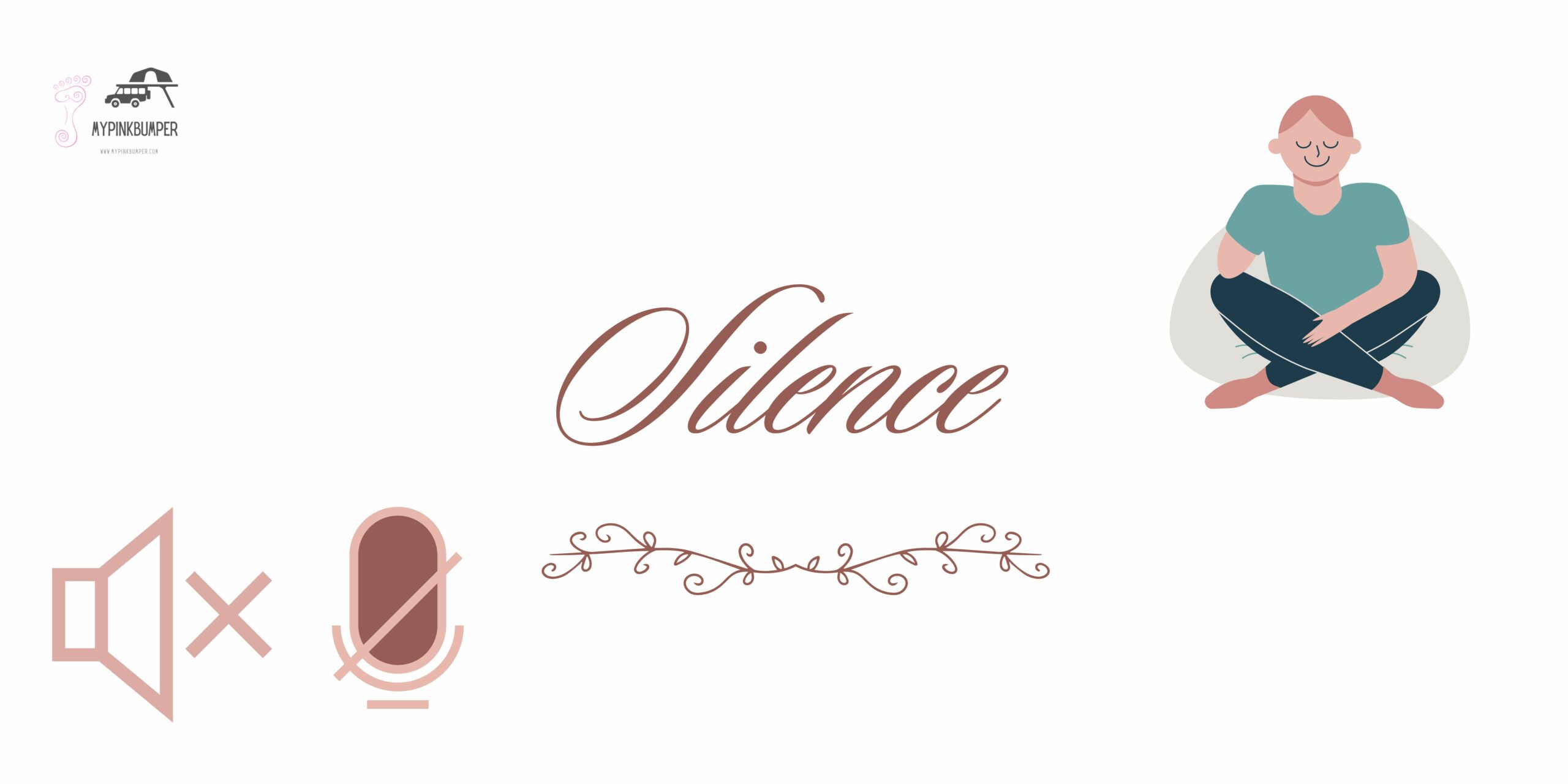
Silence
“Listen to silence. It has so much to say.”
Rumi
Rumi was a 13th-century Persian poet, scholar, and Sufi mystic who is widely regarded as one of the greatest poets in the Persian language and in world literature. Rumi’s poetry is known for its spiritual and mystical themes, exploring topics such as love, the human experience, and the search for God.
Rumi did not publish any quotes per se, as he wrote primarily in the form of poetry. However, some of his poems touch upon the theme of silence, which is an important aspect of Sufi spirituality.
Here are a few examples of Rumi’s poems that touch upon the theme of silence:
- “Silence is the language of God, all else is poor translation.”
- “Listen to the silence. It has so much to say.”
- “Be silent, only the hand of God can remove the burdens of your heart.”
- “The quieter you become, the more you can hear.”
- “Silence is the root of everything. If you spiral into its void, a hundred voices will thunder messages you long to hear.”
Incorporating Rumi’s wisdom into daily life
Incorporating Rumi’s wisdom into daily life can be a powerful way to find inspiration, peace, and meaning in everyday experiences. Here are a few practical ways to incorporate Rumi’s teachings into daily life:
Start the day with a Rumi quote or poem: Choose a Rumi quote or poem that resonates with you and read it each morning to set the tone for the day ahead. You can even write it down and carry it with you as a reminder throughout the day.
Practice mindfulness: Rumi’s teachings often emphasize the importance of being present in the moment. Mindfulness practices such as meditation, deep breathing, or simply taking a few moments to focus on your surroundings can help you cultivate a sense of presence and awareness.
Connect with others: Rumi’s poetry often explores the theme of love and connection with others. Taking time to connect with loved ones, show gratitude, and practice empathy can help you cultivate deeper, more meaningful relationships.
Seek out beauty: Rumi’s poetry is known for its lyrical and beautiful language. Taking time to appreciate the beauty of the natural world, art, music, or literature can help you cultivate a sense of wonder and appreciation for the world around you.
Reflect on the deeper meaning of experiences: Rumi’s poetry often explores the deeper meaning of life experiences. Taking time to reflect on the lessons and insights gained from experiences can help you find meaning and purpose in everyday life.

10 benefits of silence
Here are 10 benefits of silence and the positive impact if silence on mental health:
Reduced stress:
Silence can help reduce stress levels by lowering the production of stress hormones such as cortisol. A study published in the Journal of Alternative and Complementary Medicine found that just 15 minutes of silence could significantly lower stress levels in participants.
Improved creativity:
Silence can help stimulate creativity by allowing the brain to focus on internal thoughts and ideas. A study published in the Journal of Environmental Psychology found that silence was more conducive to creative thinking than background noise.
Increased focus and productivity:
Silence can improve focus and productivity by reducing distractions and allowing the brain to concentrate on the task at hand. A study published in the Journal of Applied Psychology found that silence improved performance on cognitive tasks.
Enhanced learning and memory:
Silence can help enhance learning and memory by improving the brain’s ability to retain and recall information. A study published in the journal Neuron found that silence helped improve the consolidation of memory in the brain.
Improved sleep quality:
Silence can help improve sleep quality by promoting relaxation and reducing disturbances that can disrupt sleep. A study published in the Journal of Sleep Research found that exposure to silence before sleep resulted in higher sleep efficiency and better overall sleep quality.
Reduced anxiety:
Silence can help reduce anxiety levels by promoting relaxation and reducing stress. A study published in the International Journal of Stress Management found that silence was effective in reducing anxiety levels in participants.
Increased self-awareness:
Silence can help increase self-awareness by allowing individuals to reflect on their thoughts and emotions. A study published in the Journal of Applied Psychology found that silence increased self-awareness and helped individuals better understand their emotions.
Improved emotional regulation:
Silence can help improve emotional regulation by allowing individuals to process their emotions without distractions. A study published in the journal Emotion found that silence helped individuals better regulate their emotions.
Enhanced mindfulness:
Silence can help enhance mindfulness by promoting present-moment awareness and reducing distractions. A study published in the journal Mindfulness found that silence was an effective way to promote mindfulness in individuals.
Improved overall well-being:
Silence can contribute to improved overall well-being by promoting relaxation, reducing stress, and improving mental clarity. A study published in the Journal of Environmental Psychology found that exposure to nature sounds and silence led to improved mood and overall well-being.
There is significant scientific evidence supporting the positive impact of silence on mental health. Incorporating moments of silence into daily life can lead to a wide range of benefits, including reduced stress, improved creativity and productivity, enhanced learning and memory, improved sleep quality, reduced anxiety, increased self-awareness, improved emotional regulation, enhanced mindfulness, and improved overall well-being.

You want to learn more about topics as Rumi and silence?
















